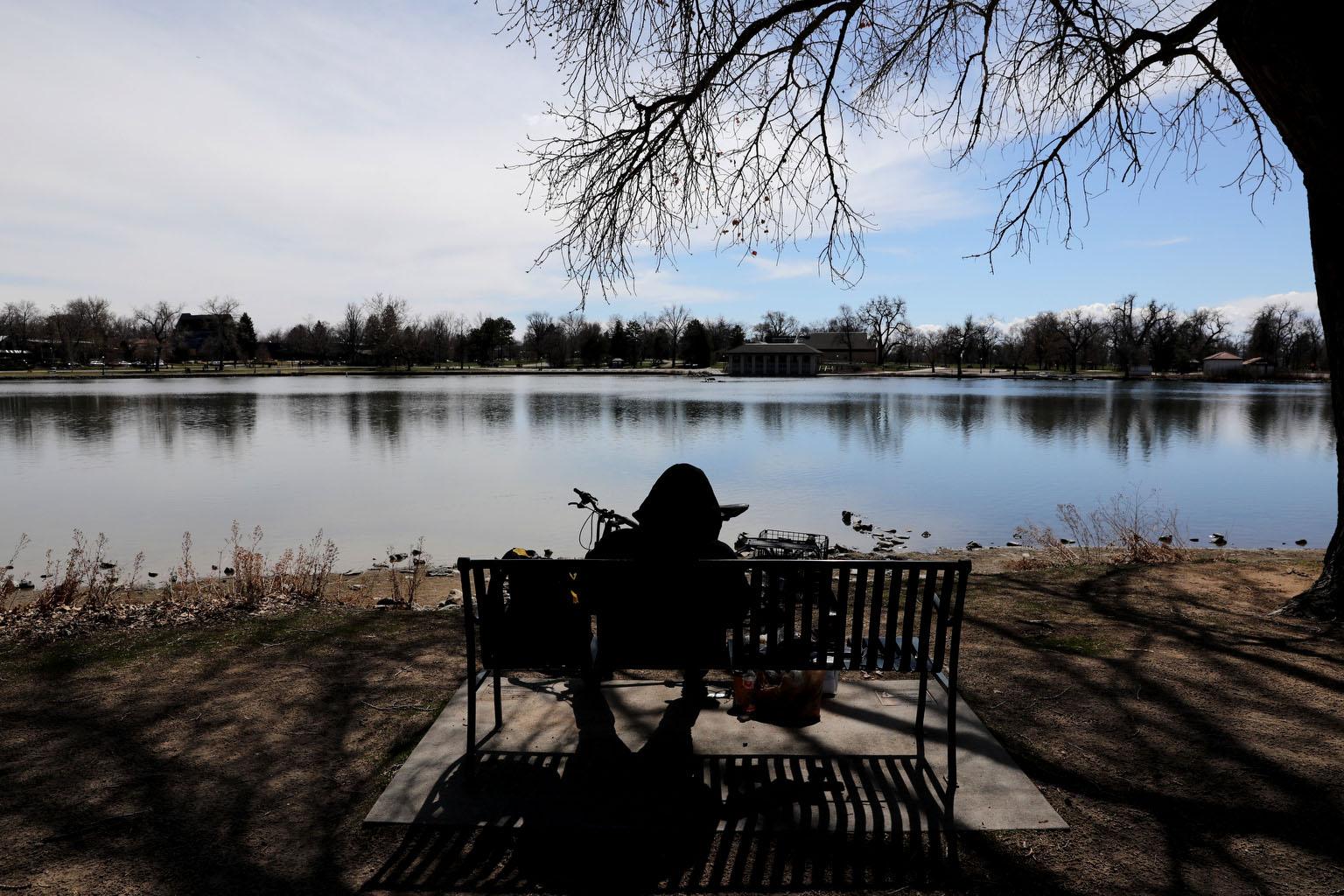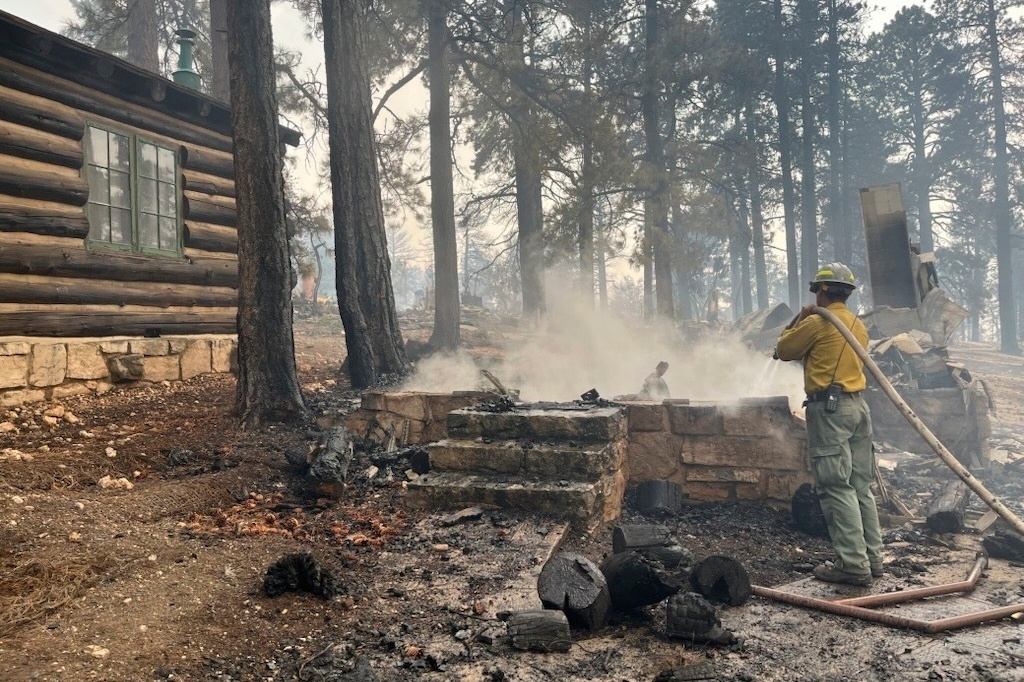
When Gov. Jared Polis declared the state-wide stay-at-home order in early April, Deserie Newton, 56 of Loveland, knew it was going to be tough.
“I just feel like with this being stuck at home and feeling so isolated -- that, on top of the fact that I already struggle with depression, has just kind of pushed me over the edge,” Newton said. “Now little things that never used to bother me are bothering me.”
In meetings, now all through video, when people go on too long or repeat themselves, it irritates her in a way she’s never felt before.
She’s not alone. According to the preliminary results of a new survey put out by the Colorado School of Public Health, 23 percent of Coloradans met the criteria for major depressive disorder. Pre-pandemic, about 7 percent of the people in the U.S. met the criteria.
The survey has been circulating online since mid-April. It asks people to provide demographic information and then answer questions about their mental health and what they’re doing to take care of themselves. The researchers have processed the data they’ve collected so far. The survey is still open.
“We did see heightened rates of depression and anxiety and quite a few people reported being stressed more than they typically would have been before COVID-19,” said Jenn Leiferman, director of the Population Mental Health and Wellbeing Program.
“Our highest depression and anxiety and stress were among the younger individuals,” said Leiferman.
It’s not clear why young people may be struggling more than others.
Newton said it’s true of her two adult children. Both are living with her during the pandemic.
“There were days, particularly in the beginning, where you could tell all of us were not doing well and yet because I wasn't doing well, I didn't feel like I could be a support to my kids,” she said.
“All the way around it was like zombie land. The three of us just kind of being in the house together and nobody's saying anything and worrying about each other but not really being able to be a support to each other.”
Another survey study from the High Plains Research Network found the same trend in young people and targeted questions toward them.
“We really wanted to understand the student population,” said Dr. Tamara Oser, director of network and associate professor in the Department of Family Medicine. “So many students that had to pivot and switch to virtual learning, how that has affected mental health and loneliness or what associations there are.”
That study found that people in Colorado were 9 times more likely to report poor mental health during the pandemic, versus how they recalled feeling before.
“When I look at the numbers, and I see that in terms of people ranking their self-reported mental health as poor, which is the worst case that they could have selected I think that that really illustrates that the psychosocial effects of this are definitely more than a lot of us even anticipated they would be,” Oser said.
Jennifer Jewell, the other School of Public Health researcher and program manager for the Population Mental Health and Wellbeing Program, said she was inspired by her friends talking about their struggles with isolation and stress on social media to create the study.
“I was listening to my friends talking about how this was affecting them, and how it was harder for different aspects of the population -- the people that are homeschooling, the people that have lost their jobs,” said Jewell.
To make it through, Newton says she’s been watching a lot of Netflix and trying to make small plans that help her cope with the day-to-day. In Colorado, many people in the survey reported watching more TV and movies. But, they’re also coping by exercising, getting outdoors, and texting or video calling friends and family
“I think it's good to see that a lot of people are using healthy coping mechanisms like exercise, reading, yoga, to be able to work through those mental health issues,” said Jewell. “I think it's also a healthy thing that we want to encourage in the population, and we want to be able to teach people how to better do that.”
Newton’s struggles have reminded her that she’s not alone in this pandemic.
“This is affecting everybody. Absolutely. Everybody,” Newton said. “So try to keep that in mind when you're around somebody else, you know, treat them with a little bit of extra kindness because we're all going through a tough thing right now.”









